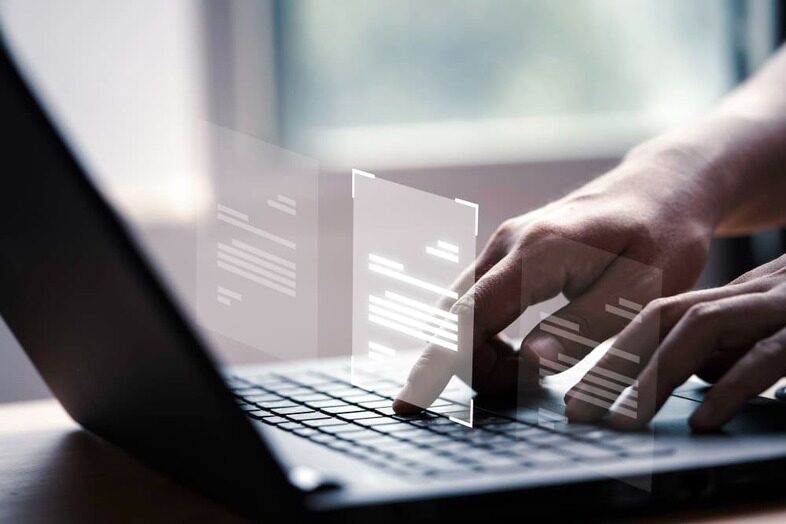
In the era of digitalization effective administration of information is essential for the triumph of any company. One of the biggest challenges remains the digitalization of paper documents and the extraction of image data or scanned files.
This is where the optical character recognition comes into play , better known as OCR .This technology has revolutionized the way in which individual organisations and users convert physical documents into editable digital data.
In this article, we will explore in detail the operation of the OCR , its benefits and applications for hosts and guests , and as it can make a difference in the management of tourist accommodation .
Content
Optical character recognition (OCR) is a technology that allows you to convert handwritten, printed or typed text in digital data . In other words, the OCR "read" physical or images and transforms them into digital information that can be processed by computer systems .
This technology is based on advanced artificial intelligence and automatic learning , capable of identifying lyrics , numbers and symbols in an image, and turning them into digital text.
The OCR is used in a wide variety of sectors, from the digitalization of historical archives to the automation of administrative processes in companies.
If you manage a tourist accommodation and you have not yet explored the advantages of the OCR when making the scan of documents for check-in, this is the ideal time to do so.
With Check-in Scan , you can automate the registration of your guests by means of documents, expediting the check-in process , reducing errors and complying with current regulations .
significant challenges for hosts and administrators is the check-in procedure. Traditionally, this process implies the verification of identity documents, which can be slow and prone to errors.
With the OCR , guests can simply scan the MRZ code of their identity or passport document using a mobile application or a digital kiosk. The system automatically the relevant data (name, date of birth, document number, etc.) and integrates them into the accommodation management system.
In many countries, tourist accommodations are obliged to record guest information and share it with local authorities .
The OCR facilitates this process by digitizing and storing data safely and in accordance with data protection . This not only speeds up legal compliance, but also reduces the risk of human errors and improves information security
The OCR can also be used to automate administrative tasks , such as invoices management, rental contracts and other documents related to the operation of a tourist accommodation. By digitizing these documents, hosts can search , organize and access information much more efficiently.
For guests OCR use faster and faster registration process It is no longer necessary to fill out forms manually or wait long lines at the reception . Everything can be done in seconds, even before reaching the accommodation, through a mobile application .
The optical recognition of characters minimizes transcription errors and reduces the risk of fraud , since the data is extracted directly from official documents. OCR systems include authenticity verification functions, adding an extra security layer .
For hosts and managers, processes automation through OCR releases time and resources that can be dedicated to improving the guest experience or other strategic tasks. In addition to the digitalization of documents, it facilitates the management and safe storage of the information.
The adoption of the OCR in the tourism sector is booming. As technology progresses, we will see even more sophisticated , such as easy recognition combined with OCR , or integration with artificial intelligence to offer personalized experiences to guests.
The OCR is revolutionizing the management of tourist accommodations, offering advantages for both hosts and guests . From the rapid and safe record to the automation of more administrative tasks, it is a key for those who seek efficiency, security and an experience of the upper .